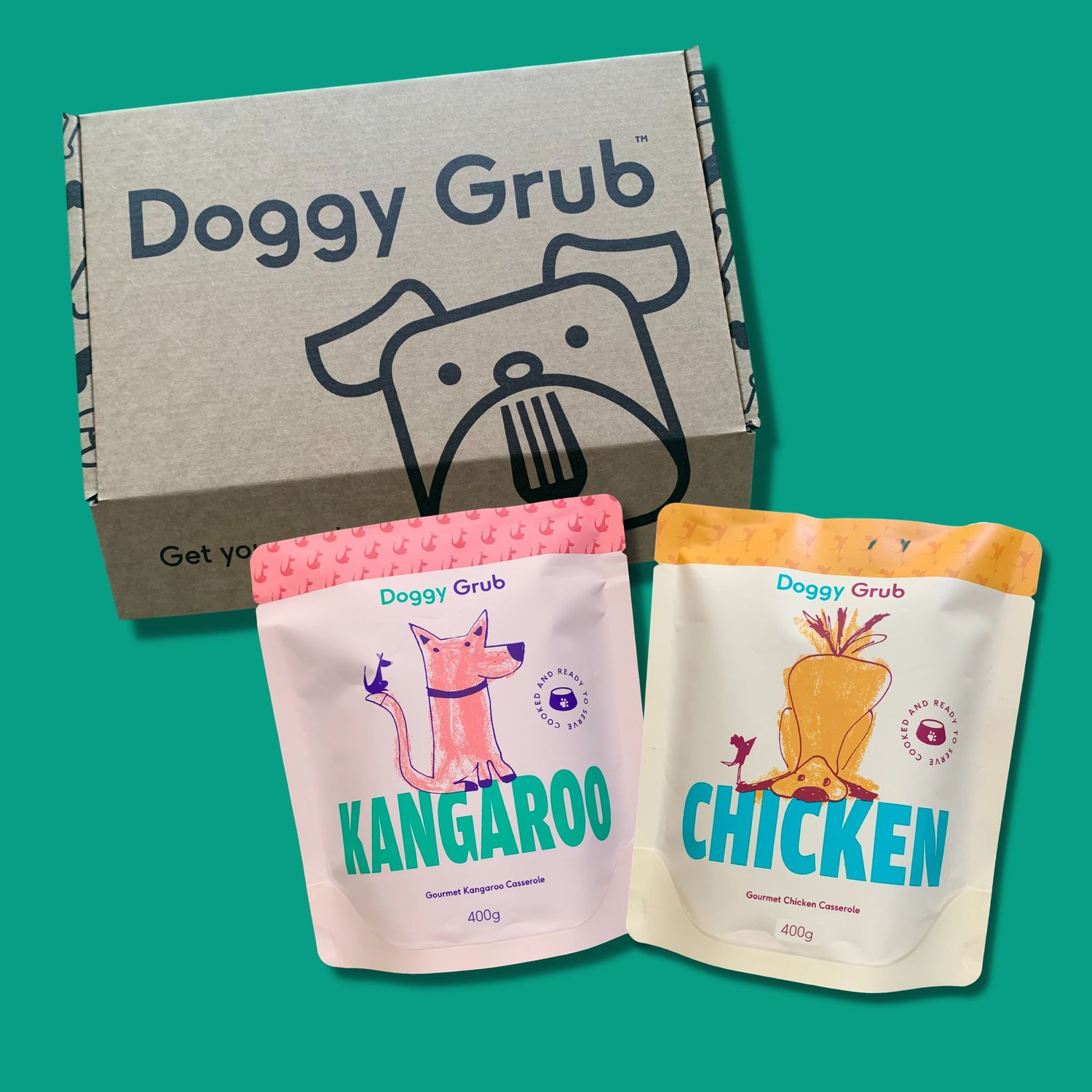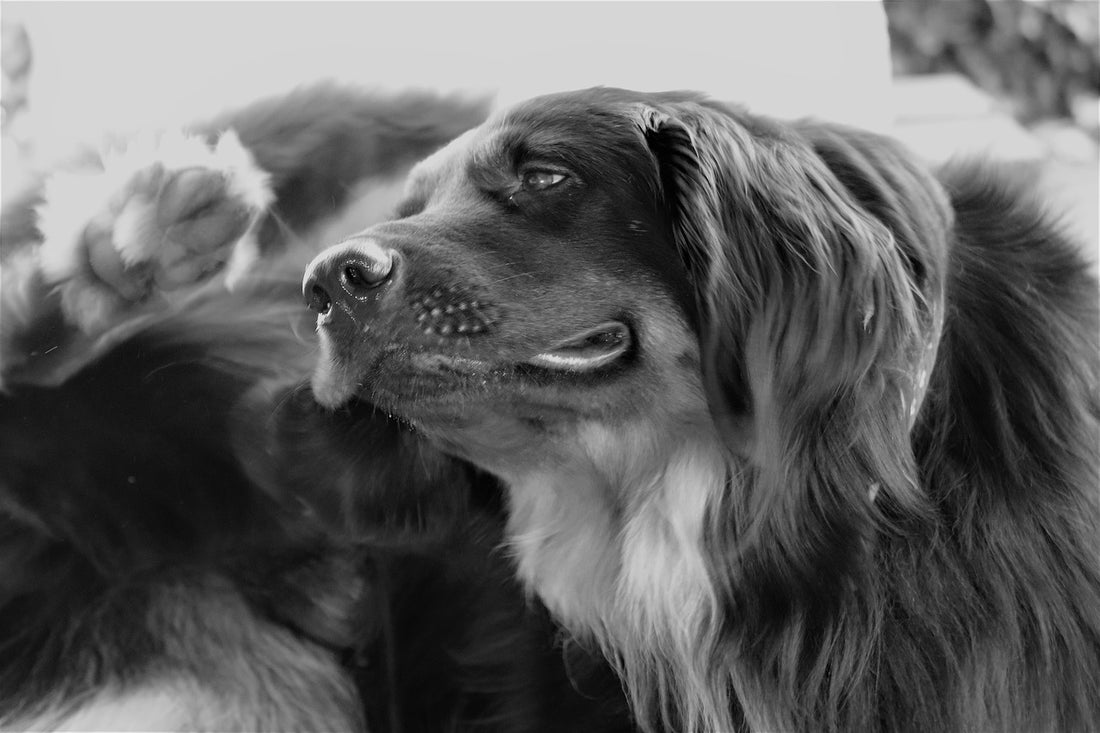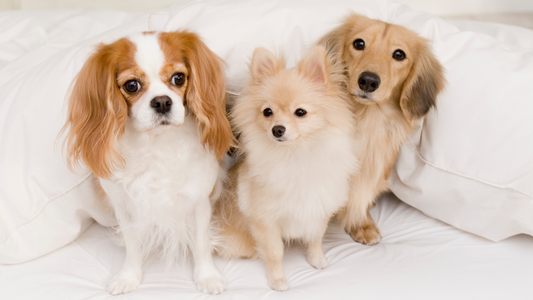At Doggy Grub, we believe in a more natural way to take care of our pets.
Our four-legged companions are already exposed to countless harmful toxins that come with our modern lives so we should be trying to find safe alternatives to toxic chemicals as best as we can.
When it comes to flea control, the repellents on the market are usually so potent that it is recommended to immediately wash your hands if you come in contact with the product. What about our dog’s skin then?
How to prevent fleas?
Poor health will attract fleas so if your dog is being fed a nutritious diet and has a good lifestyle, you’re already boosting its health and its resistance to parasite invasion.
Cleanliness is also your best ally when it comes to fighting fleas! Mop your floors and vacuum at least once a week. Focus on your dog’s favourite spots in the house, as well as bedding, couch etc.
If your dog spends a lot of time outdoors, make sure that your lawn is regularly mowed and kept short, allowing the sun to penetrate the soil, killing larvaes. The presence of ants should be encouraged as they feed on flea eggs and larvae.
Natural flea repellent tonic
You can find natural herbal powders or flea collars that will help with flea control.
Animal herbalist and author Juliette De Bairacli Levy, known for her pioneering work in holistic veterinary medicine, shared this natural lemon tonic that can be sprayed or sponged onto your pet’s skin as a repellent.
- In a large bowl, thinly slice a whole lemon, skin and all.
- Add 470ml of boiling water and let it cool down in the fridge.
- Next day, pour the mixture into a spray bottle. You can spray on your dog’s coat and leave it to dry.
Can food help prevent fleas?
There are some foods you can feed your dog to prevent fleas from nesting in its coat.
- Nutritional yeast is a fantastic source of Vitamin B and also changes the skin odour (that’s the part fleas don’t like).
You can add up to 2 tbsp of yeast flakes to your dog’s meals, daily.
- Garlic: after eating garlic for a couple of days, your dog’s blood will have a taste that fleas are not particularly fond off. Garlic often ends up on the list of hazardous foods for dogs. However, no evidence has been given to prove this theory and used in moderation, garlic has been shown to effectively treat worms too.
Remember the best way to stay away from parasites is through a healthy diet, good environment with enough sunlight and exercise as well as regular grooming! So happy Spring cleaning!
Want to be the first to get your paws onto the hottest topics? Subscribe to our newsletter!
------------------------------------------------------------------------------------------------------------
The Doggy Grub blog is dedicated to help dogs and their owners achieve happier, healthier lives, changing the way we feed our dogs one bowl at a time! If you would like to know more about our fresh food head to Doggy Grub










